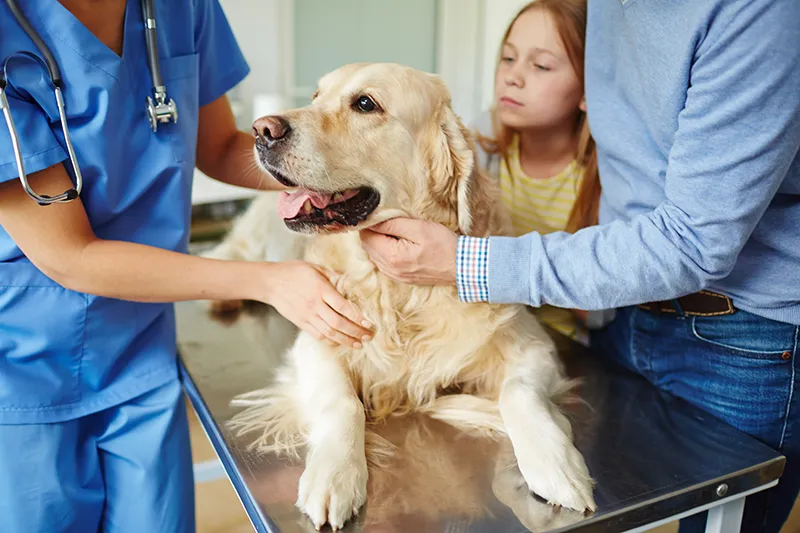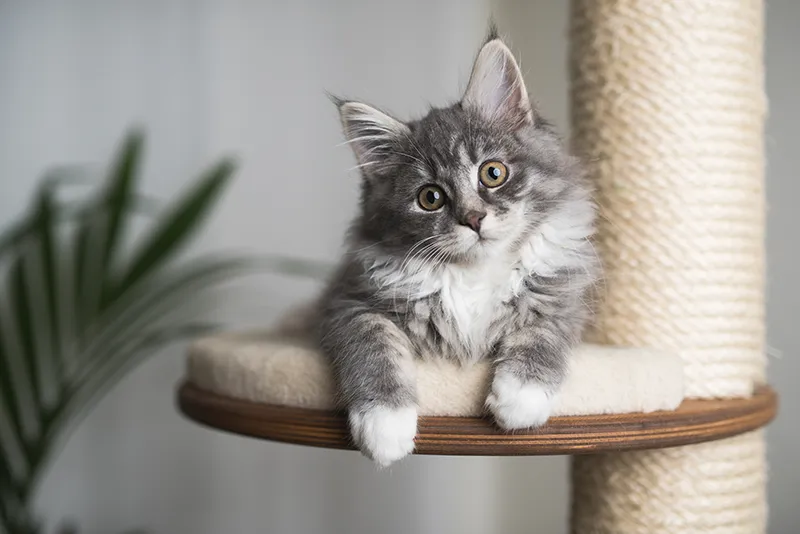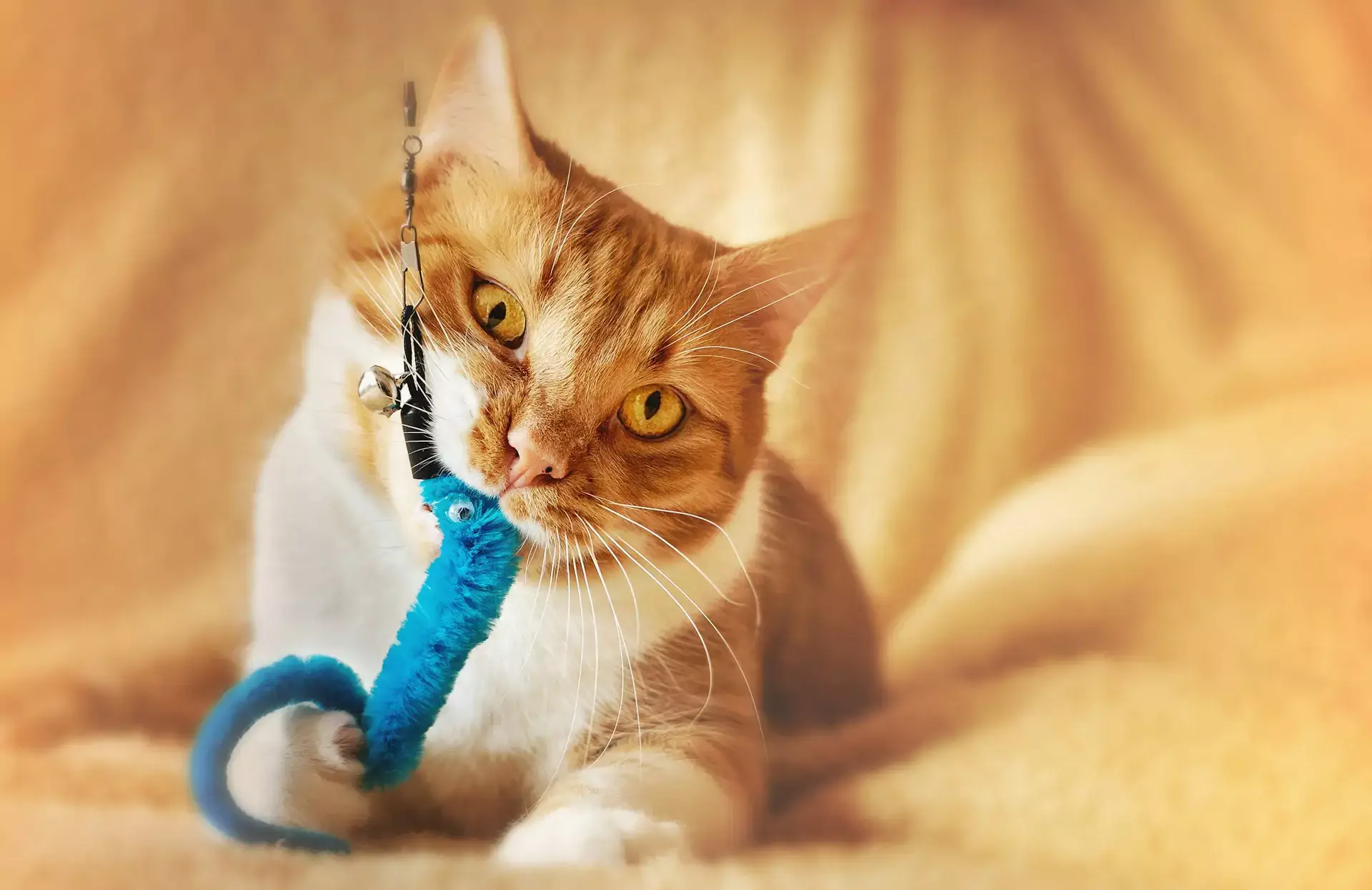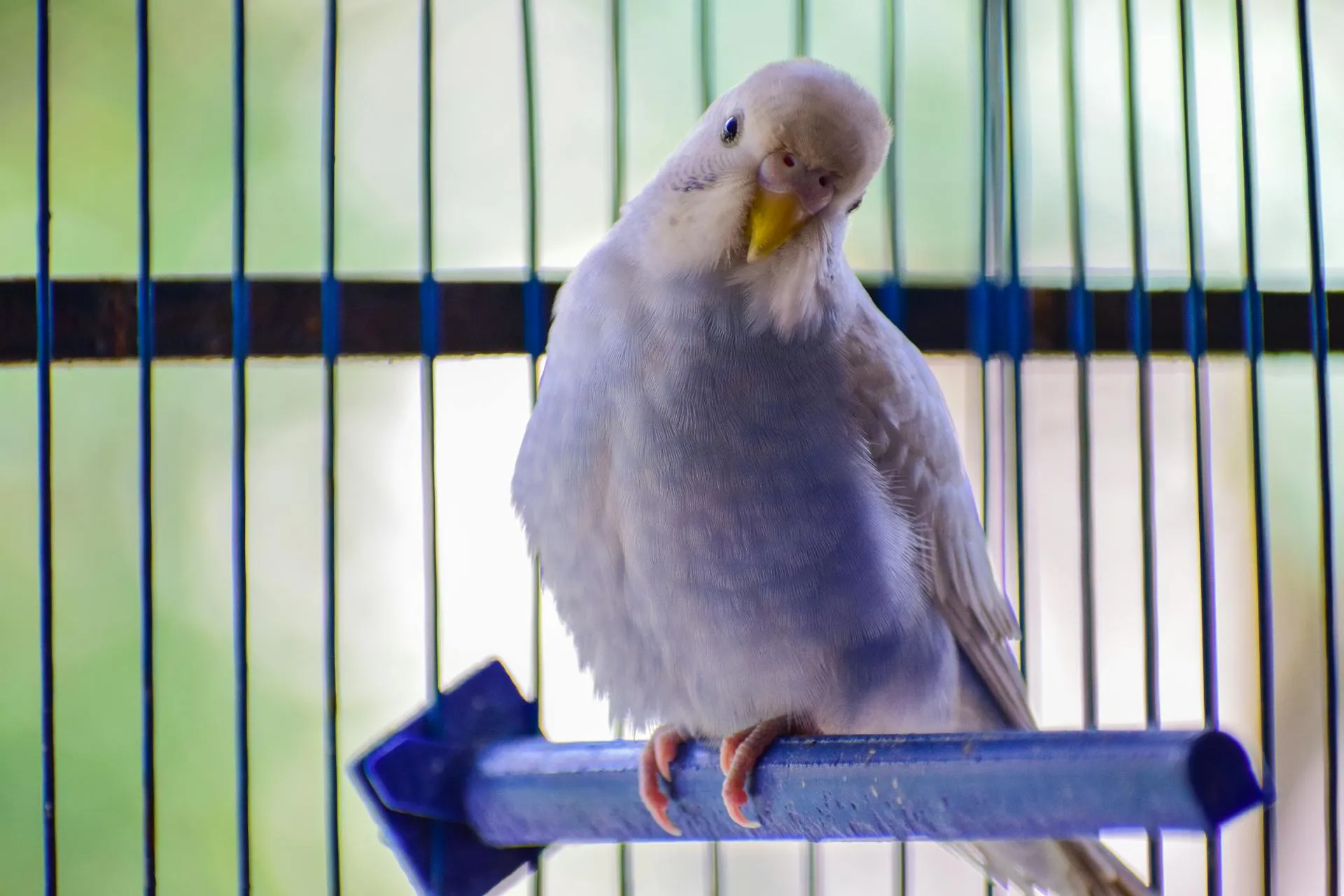Cats are known for their vocalizations, and meowing is one of the most common ways they communicate with us. However, if your cat suddenly starts meowing more than usual, it could indicate that something is going on. At Galena Animal Medical Clinic, your Galena, MD, animal hospital, we understand how perplexing and concerning it can be when your cat’s behavior changes. If you’ve noticed your feline friend meowing more frequently, this blog will help you understand why and how you can address the situation.
Meowing is a natural form of communication for cats, but excessive meowing can sometimes be a sign of an underlying issue. By learning more about cat vocalization behavior and understanding the reasons behind it, you’ll be better equipped to respond appropriately to your cat’s needs.
Chewy has an article on kitty vocalizations here. The ASPCA also covers meows in this article.
Why Do Cats Meow?
Meowing is a form of communication, and it serves various purposes depending on the situation and the individual cat. Unlike dogs, who bark for different reasons, cats typically meow to communicate with humans rather than with other cats. Each meow can have a different meaning, and some cats meow more frequently than others.
1. Attention-Seeking Behavior
One of the most common reasons your cat may be meowing is to get your attention. This could be because they want to be pet, played with, or simply acknowledged. Cats may also meow when they’re feeling lonely and want company.
How to Address It:
- Provide Interaction: If your cat is seeking attention, give them affection and playtime. Schedule daily sessions of interactive play to keep them engaged and reduce attention-seeking behavior.
- Ignore Excessive Meowing: If you’re sure your cat is meowing for attention and not because of a need, try to ignore the behavior. Giving in to excessive meowing reinforces the behavior, so it’s important to remain consistent.
2. Hunger or Thirst
If your cat is meowing more frequently around feeding times, it could simply be because they are hungry or thirsty. Cats quickly learn to associate certain times of day with meals and may meow to remind you it’s time to eat. Additionally, some cats may meow if their water bowl is empty or not to their liking.
How to Address It:
- Regular Feeding Schedule: Maintain a consistent feeding schedule so your cat knows when to expect meals. Providing food at the same time each day can help reduce meowing due to hunger.
- Ensure Fresh Water: Make sure your cat has constant access to fresh water. Some cats prefer running water, so consider using a cat water fountain to encourage them to drink more.
3. Health Issues or Pain
Excessive meowing can sometimes indicate that your cat is in pain or discomfort. Cats are notorious for hiding signs of illness or injury, and meowing could be a way for them to express distress. If your cat is meowing more than usual, especially if it’s accompanied by other unusual behaviors like lethargy, changes in appetite, or difficulty moving, it could be a sign of a health issue.
Common Health Problems Associated with Excessive Meowing:
- Dental issues: Painful teeth or gums can cause your cat to meow more than usual.
- Urinary tract issues: Cats with urinary problems, such as a urinary tract infection (UTI), may vocalize excessively, especially when using the litter box.
- Arthritis or injury: Cats suffering from joint pain may vocalize when they move or when they’re handled.
How to Address It:
- Visit the Vet: If your cat’s excessive meowing is accompanied by signs of pain or distress, schedule an appointment with your veterinarian as soon as possible. A vet visit will help identify any potential medical issues.
4. Boredom and Lack of Stimulation
Cats, especially those that are kept indoors, can become bored and frustrated without enough mental and physical stimulation. If your cat is meowing more frequently, it could be a sign that they are bored and need more stimulation.
How to Address It:
- Provide Enrichment: Offer interactive toys, climbing structures, scratching posts, and other forms of enrichment to keep your cat entertained. Regular play sessions will also help to channel their energy into positive behavior.
- Create a Stimulating Environment: Place bird feeders or outdoor views where your cat can watch the world outside, or set up new hiding spots and climbing areas in their environment to encourage exploration.
5. Stress and Anxiety
Cats can experience stress or anxiety from various sources, such as changes in their environment, a new pet in the house, or a change in their routine. Stress can lead to increased meowing, especially if your cat is feeling insecure or threatened.
Signs of Stress in Cats:
- Excessive meowing or vocalization
- Hiding or avoidance behaviors
- Changes in eating or grooming habits
- Destructive behavior (e.g., scratching furniture, urinating outside the litter box)
How to Address It:
- Maintain a Calm Environment: Provide a quiet and safe space for your cat to retreat to when they’re feeling overwhelmed. Consider using pheromone diffusers to reduce anxiety.
- Keep Routines Consistent: Cats thrive on routine, so try to keep their feeding, playtime, and sleep schedule as consistent as possible.
- Provide Safe Spaces: Cats often feel secure in high places, so offer elevated perches or cat trees where your cat can feel safe and observe their surroundings.
6. Aging and Cognitive Dysfunction
Older cats may experience a condition called cognitive dysfunction syndrome (CDS), which is similar to dementia in humans. This condition can cause confusion, disorientation, and changes in behavior, including increased meowing, particularly at night.
How to Address It:
- Consult Your Veterinarian: If your older cat is meowing excessively and displaying signs of confusion or disorientation, schedule a vet visit. There may be treatments or adjustments you can make to help improve your cat’s quality of life.
- Comfort and Routine: Keep your cat’s environment predictable, and provide extra comfort, such as cozy bedding or a soft voice, to reassure them.
Click here to revisit another blog we wrote about our feline friends.
Frequently Asked Questions
1. Can my cat meow excessively because they’re bored?
Yes, boredom can cause a cat to vocalize more. Make sure your cat has enough mental stimulation, toys, and playtime to keep them occupied.
2. How do I know if my cat’s meowing is due to pain or illness?
Excessive meowing accompanied by signs of lethargy, loss of appetite, difficulty moving, or changes in behavior could indicate pain or illness. If your cat displays these signs, visit the vet for a checkup.
3. What can I do to stop my cat from meowing constantly?
Address the root cause of the behavior. Ensure your cat’s needs are being met in terms of food, water, mental stimulation, and comfort. If excessive meowing continues, consult with a veterinarian.
Schedule An Appointment At Our Galena, MD Pet Clinic
Understanding why your cat is meowing is the key to responding appropriately. Whether it’s due to hunger, attention-seeking, stress, or a health issue, addressing the cause of the behavior will help you provide a happier and more comfortable life for your feline friend. At Galena Animal Medical Clinic, your Galena, MD, animal hospital, we’re here to help you with any concerns about your cat’s vocalization or overall well-being.
If you’re unsure about why your cat is meowing more than usual or if you’re concerned about their health, don’t hesitate to reach out to us for professional advice and care. We’re happy to support you and your cat’s needs!
Click here to visit our Service page and find out more about our clinic and the animals we treat. You can also go here to learn more about our Critical Care services, or go here to learn more about our Exotic Pet care offerings.
This blog is meant to be informational only. Always consult with your veterinarian for the right medical advice, diagnosis, or treatment plan for your pet and follow their advice.







!Social Media Icons